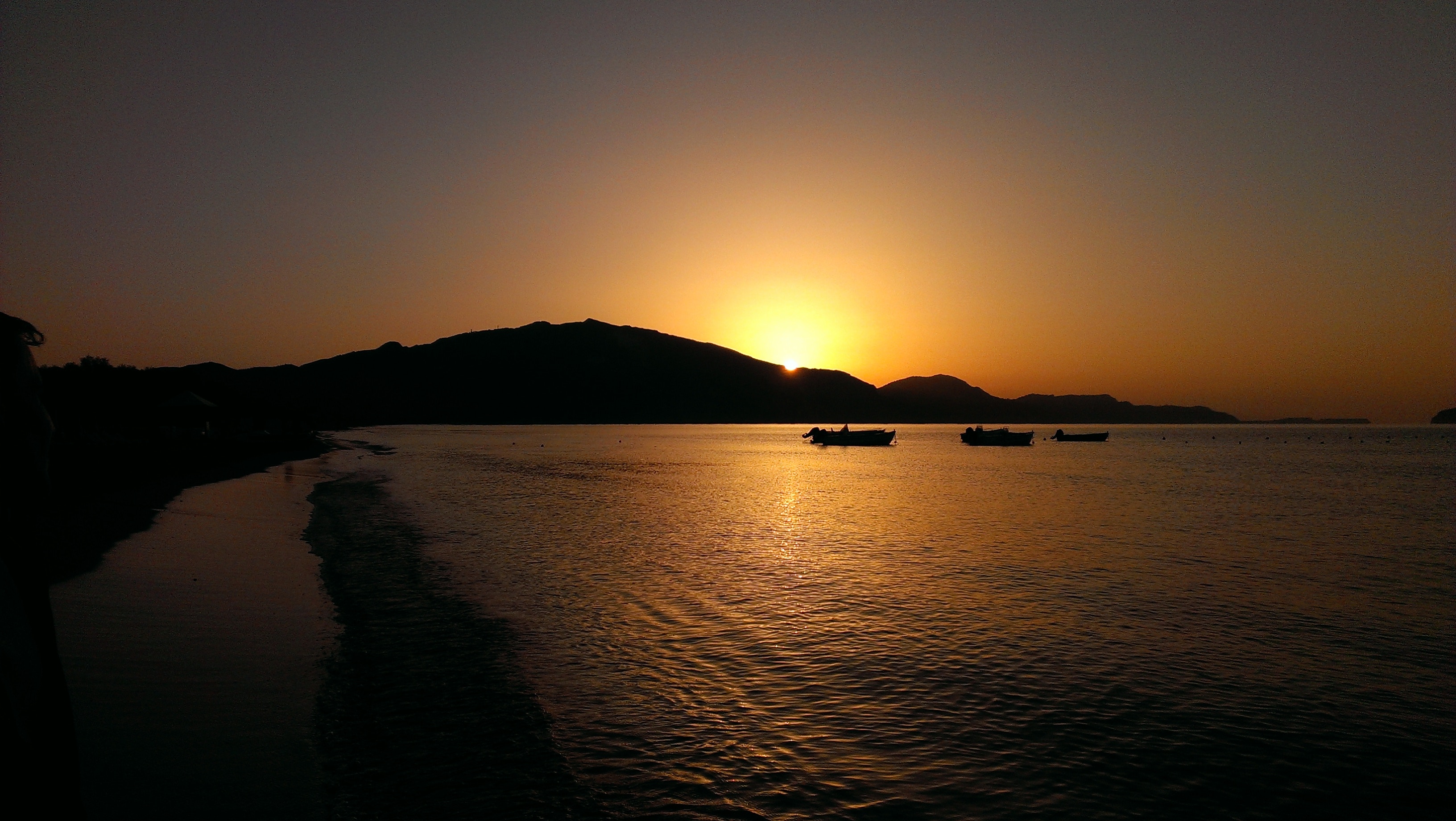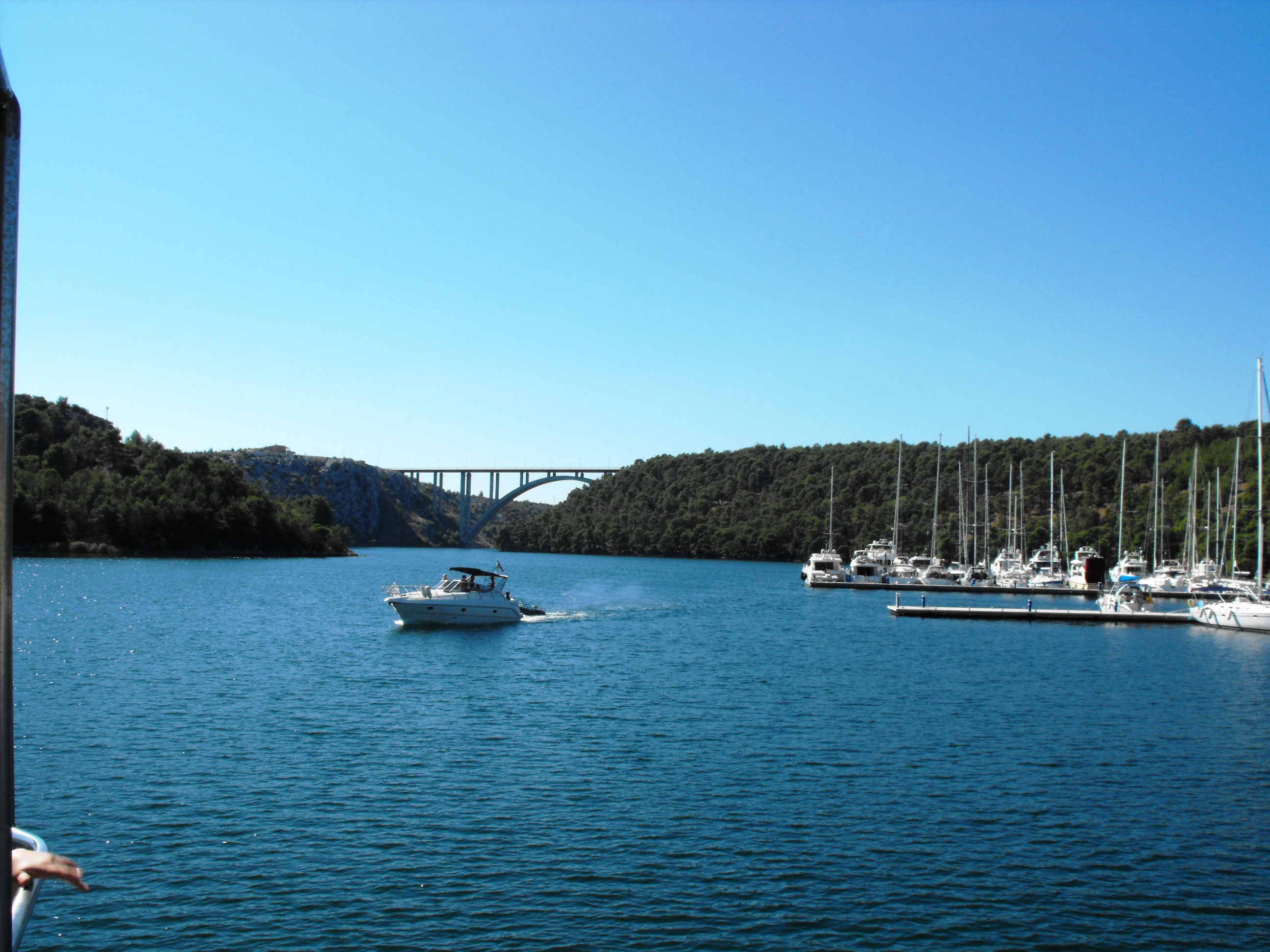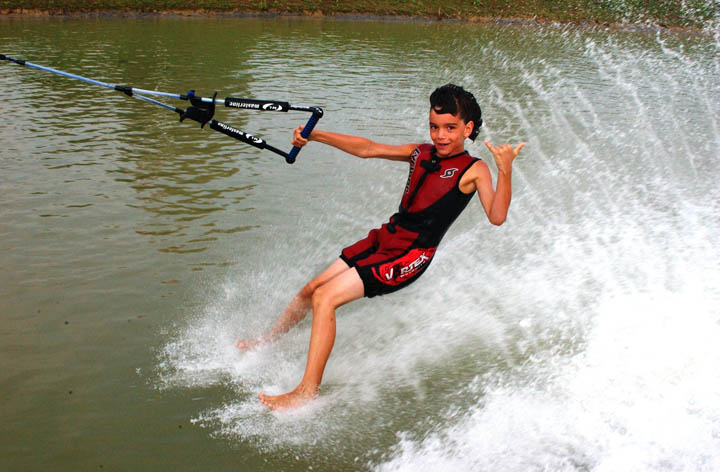---------------
Q: Should I use a heavier anchor for my vessel when boating overnight?
A: Yes. If you do not have anyone on watch and plan to stay anchored through the night, it is a good idea to opt for extra security. You should use an anchor at least one size larger than what is recommended for your boat to guard against drifting.
---------------
Q: Where should I anchor?
A: Location is a very important factor. You'll want to pick an area that is small and protected (no open waters). Staying closer to shore is a safe option, as weather conditions can change drastically in a short amount of time.
---------------
Q: What kind of clothes should I wear?
A: Even during the heat of summer, temperatures will drop significantly once the sun goes down. The weather will most likely be chilly and windy. You should wear warm clothes and layer them. Sweaters, fleeces, windbreakers, and long pants are all great options.
---------------
Q: Can I go night swimming?
A: Swimming off your craft during the nighttime is not the best idea. Currents may cause you to drift from the boat, and furthermore, locating someone in the water is increasingly more difficult at night. If you are completely set on getting in the water, tie a rope around a floatation device and secure it to the boat.
---------------
Q: What are navigation lights?
A: Navigation lights are used to make sure others see you in the dark. USCG regulations deems these mandatory for all vessels. Navigation lights help you determine the type of vessel, size of the vessel, if the vessel is towing anything, and what direction the vessel is moving.
---------------
Q: Should I do anything ahead of time?
A: You should go to your planned spot prior to your overnight launch. Practice dropping the anchor and check for any abnormal conditions.
---------------
Q: Should I use a white anchor light?
A: Yes. No matter the size of your craft, a white anchor light adds an extra layer of security and safety.
---------------
Q: How much experience does night boating require?
A: You don't need to be a highly experienced boater to do a night trip, however, you should be up-to-date and familiar with all basic safety rules, regulations, and anchoring tactics.
---------------
Q: What safety equipment is necessary?
A: In addition to all the daytime safety requirements, you'll need an anchor light, working navigation lights, flares, and a strobe.
---------------
If you have additional questions, feel free to comment below!




